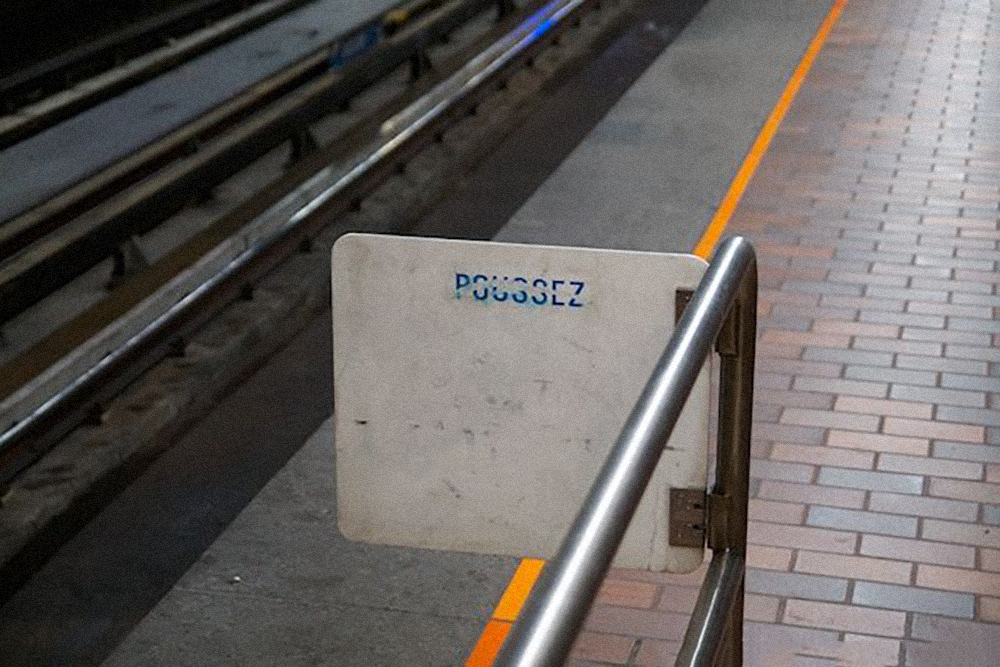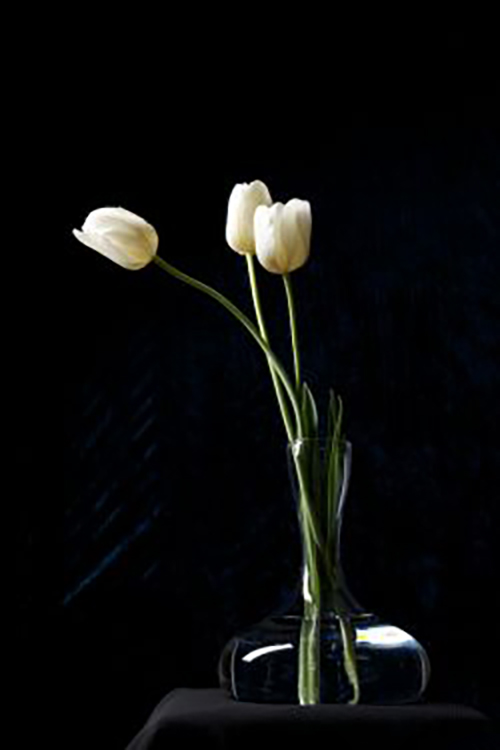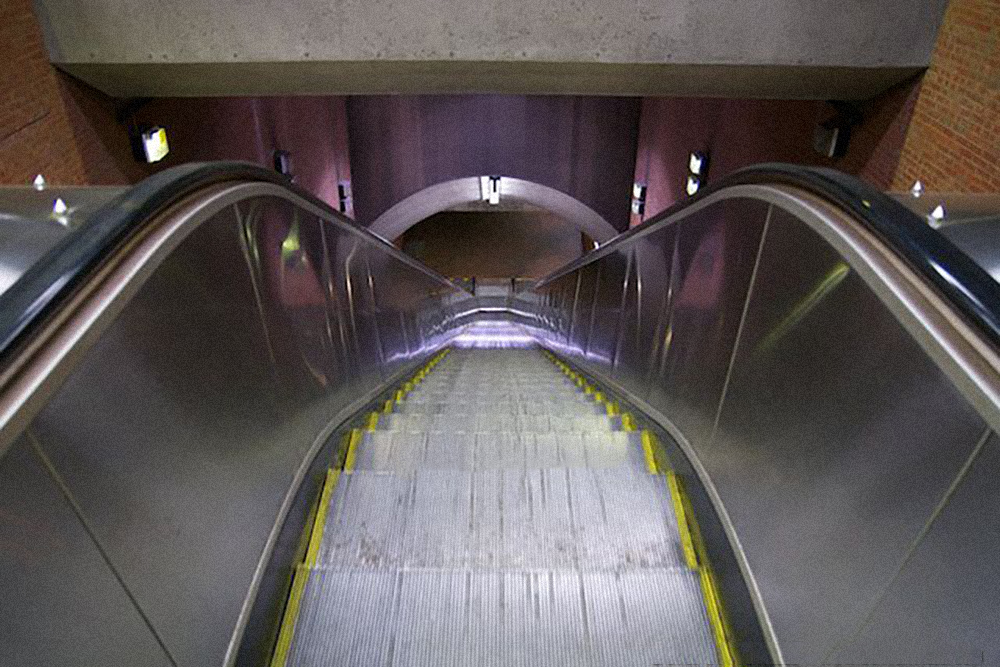
The wait
Life is absurd.
\-- Pardon me?
Louis turns to his interlocutor who, like him, is waiting for the arrival of the metro. His skin is pale, his hair beautifully curly, his eyes blue, sad, fixed on the depth of the roaring tunnel. Louis wants to smile at him because he thinks he is handsome, but the man obviously does not address him.
\-- Life is absurd. I don’t believe in God.
Amazed, Louis tried to find an intelligent answer, but the arrival of the train is imminent and people organize themselves around the positioning marks on the floor. Louis imitates them. The stranger doesn’t flinch. Louis gently grabbed his elbow so that he could clear the center of the marks. The man jumps, stares bluntly at him, clears himself, turns his heels and disappears.
The train emerges from the tunnel, passes in front of them, then slows down. Already the doors are opening, the passengers are leaving, then those who were waiting are rushing in civilly. Louis, once again, imitates them. Before the doors close, he sees the man with the desperate look sitting in the steps, disturbing everyone. He’s probably waiting for the next train, Louis wonders, hoping that no one will stop him from committing the irreparable.
Three mechanical notes announce the start. The doors are closing. The irreparable? The train is already running at full speed, the passengers’ horizon is now facing the presence of others. Many have their eyes fixed on the screen of their cell phone.
Louis sometimes thinks about the irreparable, but it is only thought for him. The man on the dock seemed to be feeding on it. Louis closes his eyes, lets himself be rocked by the journey. The train slows down, a self-confident voice announces the name of the station. The doors open, the merry-go-round starts again. Louis expects the interruption of the service. The doors close, the train leaves, nothing disturbs the peace of mind of the passengers.
Louis watches them. He’s used to it. A place becomes available and like no old person, no handicapped person seems to want the chair, he sits. His body is still asleep. He’s hungry, hasn’t had breakfast, because it’s blood sampling day. He hates this annual routine that reminds him that he is getting older and that, one day or another, he will be told of unexpected complications.
An old man enters the train. Louis gets up to give him his place, but the man gives him a proud sign that he doesn’t need it. Despite his age, he has no difficulty maintaining his balance while the train restarts. Louis gets up anyway because he leaves at the next station.
Now he is hurrying among the people who are hurrying. As they leave the station, many are rushing into buses and others, like him, are heading for the hospital across the street.
By pushing the revolving door, the memory of the sad man resurfaces. Life is certainly absurd. Louis doesn’t believe in God anymore. But he’s hungry. He can’t wait to get her blood drawn. It is with determination, and also anger, that he presents himself at the reception. The lady in front of him smiles as she accepts his health insurance card. She asks him to sit down. The wait is about an hour.
He silently curses but thanks her. He has no choice anyway. The waiting room is already almost full. He spots a free chair between a big man and an handsome, two other chairs near three ladies chatting between them. He opted for the presence of the handsome who did not greet him.
He takes the time to acclimatize to his chair, looks for three long minutes at the room clock, placed above the entrance, the second hand is much too slow, according to him. His belly is rumbling.
The handsome man, on his right, turns to him:
\-- I’m hungry too.
Louis smiles weakly at him, then resumes his observation of the slow second hand. He takes a deep breath, tries to look sideways at the handsome man, sits straight back in his chair, clears his voice to give himself courage.
\-- Tell me, he manages to say, do you believe in God?

